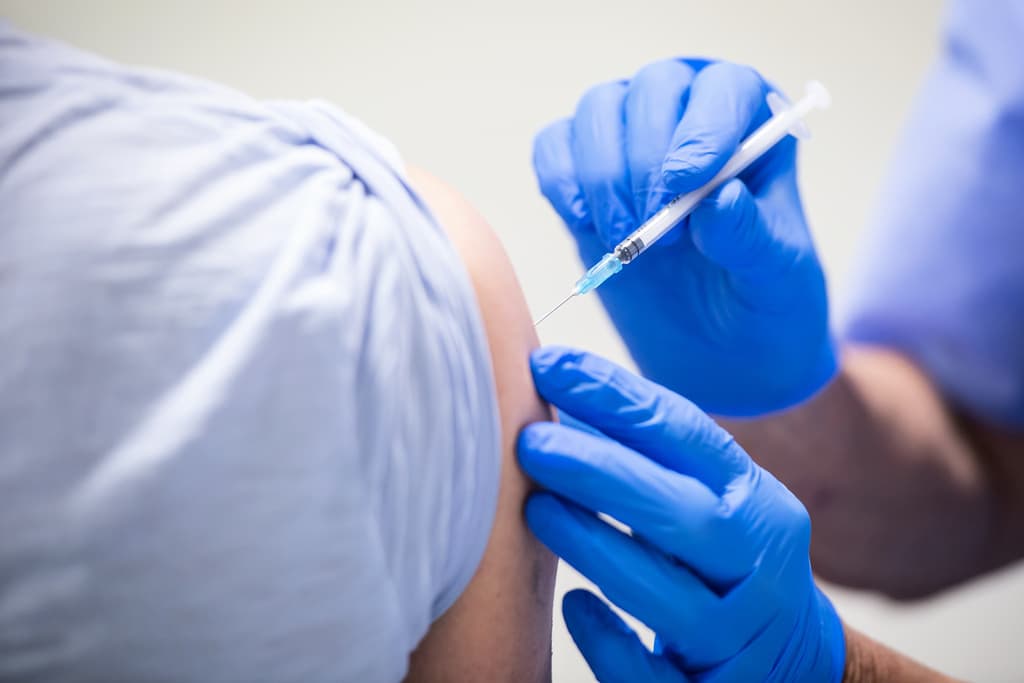Whooping cough bacteria spread most often during late summer and autumn. Long-lasting cough, severe breathing difficulties, and difficulty eating are common symptoms.
In July, 293 cases of whooping cough were reported, including 24 among children under one year old. In August, 497 cases were reported, including 35 children under one year old.
This is worrying because whooping cough can be a very serious and even life-threatening disease for infants, and we know that many children have been hospitalized, says Johanna Rubin, pediatrician and investigator at the Public Health Agency.
Most Severely Affected
The vaccine against whooping cough is included in the general vaccination program, but the first dose is given at three months of age, which means that it is the very small children who are at risk of becoming seriously ill.
The vaccine works well against severe disease, and we have good coverage for the childhood vaccination program, so it's not many children in total. But there are few other diseases that infants become so seriously ill from, says Johanna Rubin.
Since two years ago, the Public Health Agency has also recommended that pregnant women take the vaccine against whooping cough after week 16 of pregnancy, which means that the child is born with antibodies from the mother.
According to the pregnancy register, we see a 60-70% coverage, which has exceeded our expectations, but it's still relatively new recommendations that need time to take hold, says Johanna Rubin.
Increase Awareness
According to the Public Health Agency, it is urgent to increase awareness that whooping cough is spreading. Children under six months should completely avoid meeting people with cold and cough symptoms.
In total, 1,236 cases of whooping cough have been reported this year, including 109 among children under one year old. The increase in the number of cases is believed to be due to the decreased immunity against the disease during the pandemic.
Whooping cough is a contagious disease that usually goes away on its own for most people. However, for infants, it can be a life-threatening disease.
The vaccine against whooping cough is included in the general vaccination program and is free of charge.
The recommendation is that children should be vaccinated from three months of age and that pregnant women should take the vaccine after week 16 of pregnancy.
To reduce the risk of infection, infants under six months should not meet people with respiratory symptoms such as cough or cold.
Sources: Public Health Agency and 1177.se.






